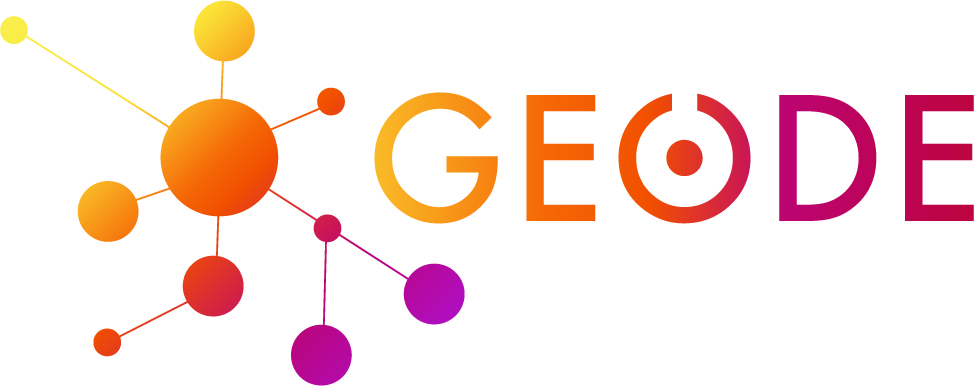Institutional and Financial Support

GEODE is one of the projects selected for the "Centers of Excellence" label. The "Center of Excellence" label is one of the 14 actions of the Higher Education Pact undertaken by the Ministry of the Armed Forces for the benefit of the university community. It was created to promote the formation of a strategic studies program, similar to the Anglo-Saxon style of War Studies, and aims to contribute to the emergence of national centers of excellence.
The William and Flora Hewlett Foundation is a private, non-partisan charitable foundation that advances ideas and supports institutions to promote a better world. The foundation was established in 1966 by engineer and entrepreneur William R. Hewlett and his wife, Flora Lamson Hewlett, with their eldest son, Walter Hewlett. Today, it is one of the largest philanthropic institutions in the United States, awarding more than $400 million in grants in 2018 to organizations around the world to help people build a better life. Our philanthropic approach and core grantmaking areas remain tied to the ethics and values of our founders. Established through the personal generosity of the Hewlett family, the foundation is completely independent of the Hewlett Packard Company and the Hewlett Packard Company Foundation.
Academic Partner
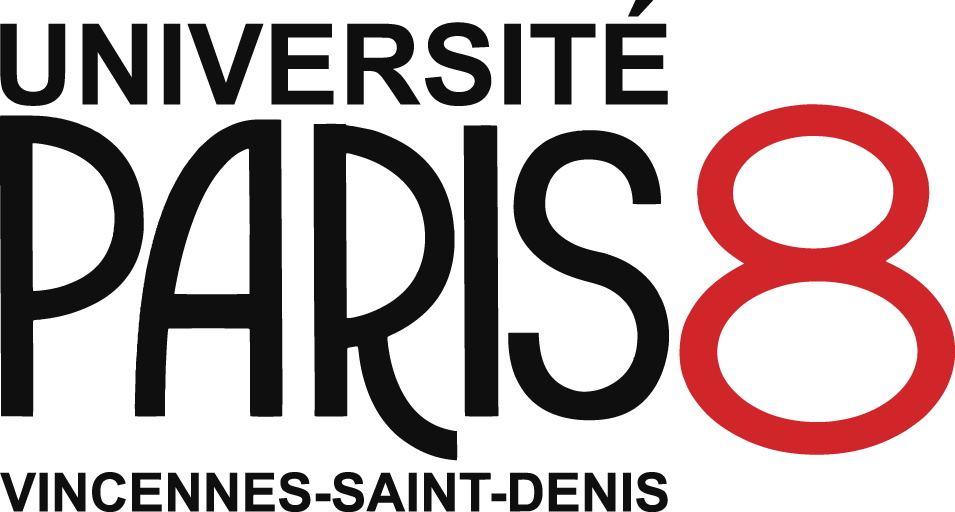
Since its creation as an experimental center in Vincennes in 1969 and its move to Saint-Denis in 1980, the University of Paris 8 has become a central teaching and research center in the Île-de-France region in the field of humanities. With a focus on the Arts, Humanities and Social Sciences, the main objective of the University of Paris 8 has always been to provide students with a better understanding of the contemporary world while providing them with the tools to integrate into society in a sustainable manner. In this perspective, the innovative character of the research it offers finds its origins in its openness to fields hitherto little present in French universities, such as Psychoanalysis, Geopolitics, Cinema, the Plastic Arts, Gender, etc. Paris 8 has also distinguished itself by its desire to maintain a very strong link between research and teaching, based on teaching methods that are designed to adapt to all audiences and to provide lifelong learning for all. Dans cette perspective, le caractère innovant des recherches qu’elle propose trouve des origines dans son ouverture à des domaines jusque là peu présents dans l’Université française, tels que la psychanalyse, la géopolitique, le cinéma, les arts plastiques, le genre, etc. Paris 8 se distingue aussi par sa volonté de maintenir un lien très fort entre la recherche et l’enseignement, en s’appuyant sur des méthodes pédagogiques qui ont pour vocation de s’adapter à tous les publics et de dispenser une formation pour tous, tout au long de la vie.
GEODE's researchers come from
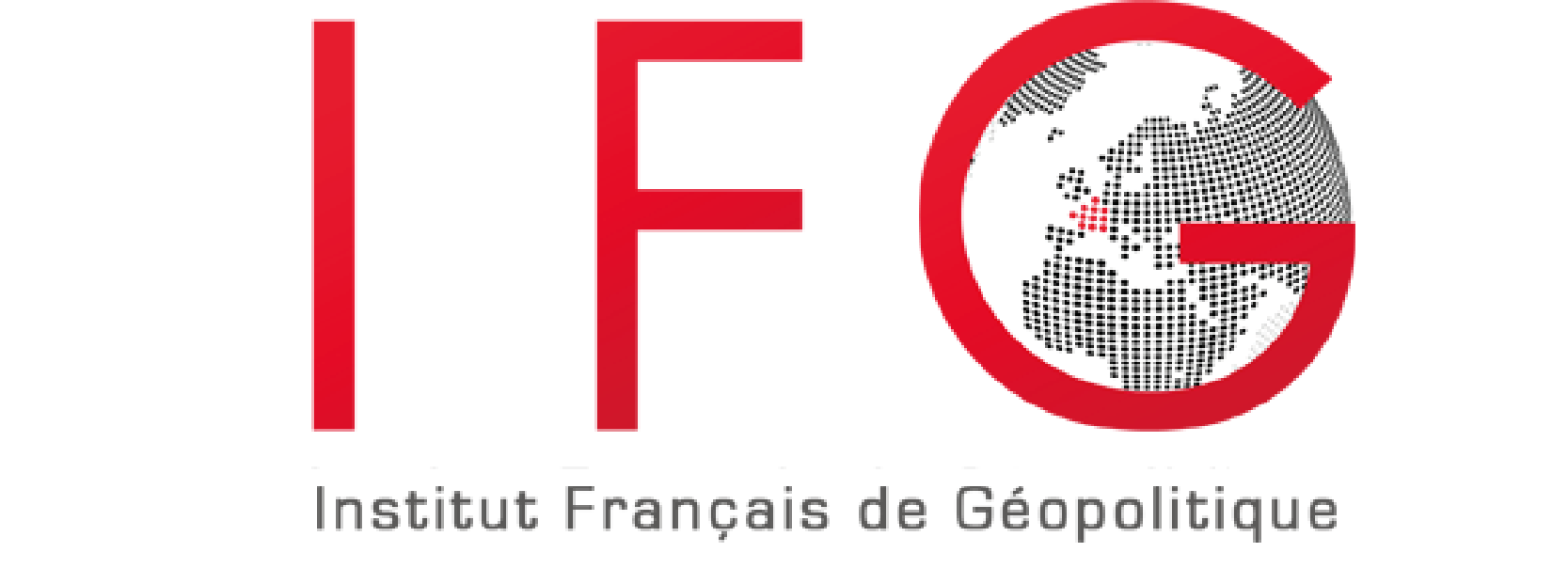
The French Institute of Geopolitics was founded in 2002 on the initiative of Béatrice Giblin by ministerial decree (art. 33) at the University of Paris 8, the place where the field of geopolitical studies was formed in France with the creation of the first diploma and research laboratory in 1989. This field emerged from the intellectual project founded by Yves Lacoste with the journal Hérodote in 1976.
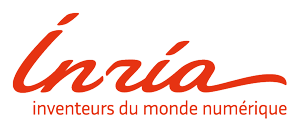
The national research institute dedicated to digital sciences, promotes scientific excellence and transfer to have the greatest impact. It employs 2,400 people. Its 200 agile project-teams, usually joint with academic partners, involve more than 3,000 scientists to address the challenges of computer and mathematical sciences, often at the interface of other disciplines. Inria works with numerous companies and has supported the creation of more than 160 start-ups. In this way, the institute strives to meet the challenges of the digital transformation of science, society and the economy.
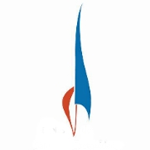
In the national and international landscape of recognized higher education institutions, both civilian and military, there is no quality training without knowledge production. The first mission of the research center of the Saint-Cyr Coëtquidan schools is, therefore, to produce knowledge at the cutting edge of scientific knowledge in the service of training. The CREC also works for the Ministry of Defense in order to provide it with notes, studies and "consultancies" according to its needs.
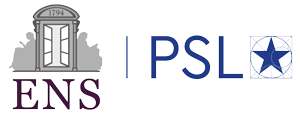
Both a Grande Ecole and a university, the École normale supérieure in Paris, in the heart of the Latin Quarter, provides training of excellence through research leading to the various professions of teaching and research, and contributes to the training through research of senior executives of public administrations and French and European companies. It also defines and implements a scientific and technological research policy with a multidisciplinary and international perspective.
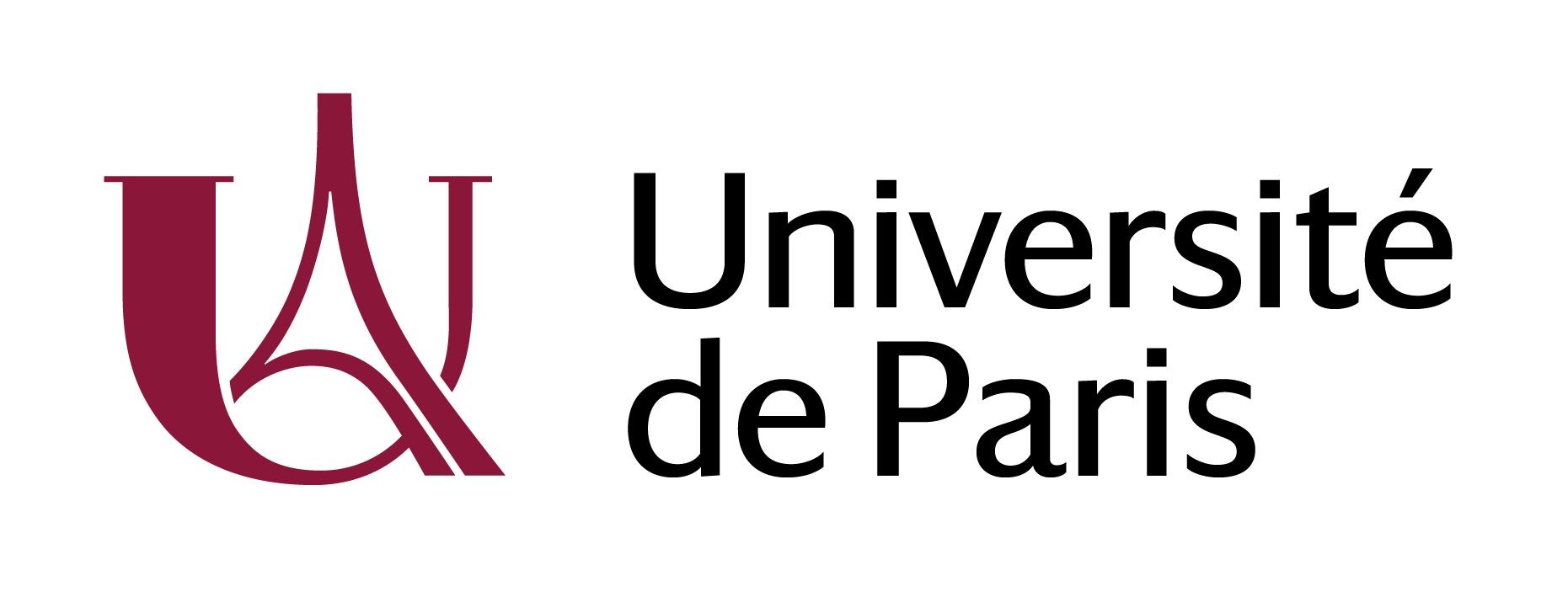
With its 9 Training and Research Units (UFR) and its IUT, the University of Paris covers the whole range of knowledge in human and health sciences. As the only university in the Ile-de-France region to combine medicine, pharmacy and dentistry, its health cluster is recognized in Europe and throughout the world for the quality of its training and the excellence of its research. The University of Paris has 10 sites in central Paris and in the inner suburbs (Montrouge, Malakoff, and Boulogne-Billancourt).

With 15,000 students, a rich multidisciplinary training offer and 19 internationally recognized research laboratories, University of Savoie-Mont Blanc (in Chambéry) is a human-sized institution that combines proximity to its territories, a founding membership in the PRES University of Grenoble and a wide opening to Europe and the world. Located between Geneva, Turin, Lyon and Grenoble, on the borders of Switzerland and Italy, and with the unfailing support of the communities that gave birth to it, it is a major regional and cross-border player in social, economic and cultural development. It offers short (University Diplomas, University Technology Diplomas) and long (Bachelor's, Master's, Doctorate and also Engineering Diplomas) courses, whether in initial training, continuing education, work-study or Validation of Experience (VAE), on site or by distance learning.
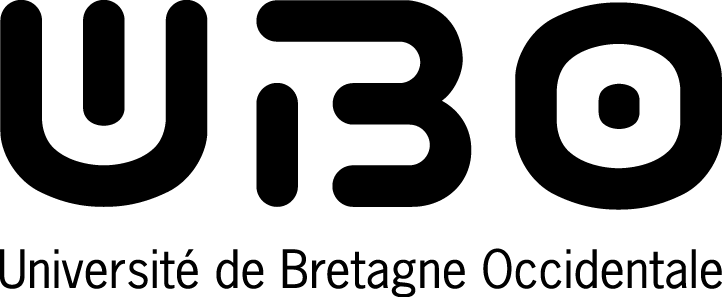
As a public institution of a scientific, cultural and professional nature, UBO's primary missions are to contribute to the development of research and the raising of the scientific, cultural and professional level of the nation and the individuals who make it up, to regional and national growth, to economic development and to the implementation of an employment policy. Finally, it contributes to the reduction of social and cultural inequalities.
